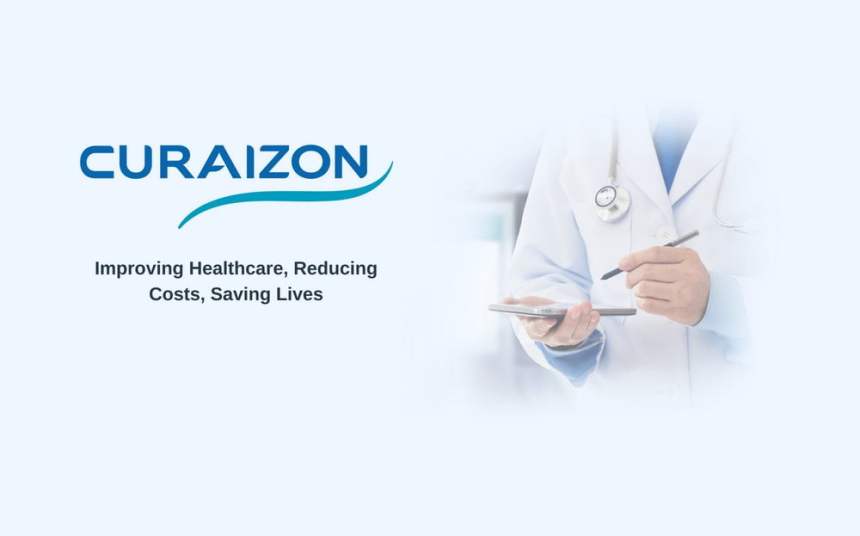The cost of some of the much-needed medication is often a big concern for national health services who are at times reluctant to pay the high prices charged for them. This means that some critically ill patients are given less effective medications that partly treat illness while causing numerous side effects – it is logical to suggest that this can lead to increased non-adherence. From a pharmaceutical company standpoint, high drug prices stem from the investments made in research and development (R&D) to develop new, more effective treatments for various diseases.
According to a recent report by the Tufts Center for the Study of Drug Development, the cost of developing a prescription drug that secures regulatory approval can reach an estimated USD 2.6 billion. A big reason for such a high cost of developing new drugs is the low levels of drug adherence seen presently as well as the related lack of data to inform of the reasons why. In fact, many pharmaceutical companies have seen their profits evaporate as a result. Recent reports estimate more than USD 630 billion in revenue is lost annually as a result of patient non-adherence, and the amount is increasing by 13 percent each year.
The disparity in accurate information often affects the reliability of research on the impact of medications leading to long and exhaustive testing processes. Another sticking point is the restricted access to relevant pieces of patient data for new drug development with factors including data protection, competition, and non-standardized data. Curaizon, a pioneer of medical adherence technologies, is leveraging its blockchain-based technologies to provide the standardized, reliable and real-time big data needed by pharmaceutical companies, medical researchers, and healthcare providers.
According to recent research by the McKinsey Global Institute, standardization of data analytics in healthcare could cut costs by 30%. Until now, pharmaceutical companies have endured high R&D expenditures, burdened by the lack of sufficient data due to limited drug trials, and by issues of the quality of the data present due to the varying research methods used in trials. In addition, competition between different companies has stymied research efforts, while access to certain data may be blocked either by healthcare providers or legislation. Effective May 25, 2018, the European-wide General Data Protection Regulation stipulates that all EU citizens are entitled to know what data have been stored on them and to demand deletion of the data. Compliance with the rules is causing havoc in national health services and complicating access issues for pharmaceutical companies and medical researchers.
Here is where Curaizon comes in. Its CuraData solution merges its patient adherence data with machine learning and AI technologies to develop unique, standardized and anonymized datasets that medical researchers and pharmaceutical companies can easily use. Through its data analytics tools, Curaizon aims to improve the quality and availability of real-time information. Its platform will generate datasets on adherence based on anonymized big data using its technologies to facilitate end-to-end data integration, collaboration between different players in the healthcare sector, predictive modeling of the efficiency of different drugs to enhance clinical trial efficiency. Its adherence technology will also help improve understanding of the efficacy of drugs, something that is hard to achieve when adherence is estimated at only 50%.
The company’s adherence technology was created for the purpose of increasing drug adherence levels, reducing waste and facilitating research for new, more effective medications. The Curaizon ecosystem consists of three key components: CuraServe™, CuraView™, and CuraData™. CuraServe issues non-intrusive reminders to patients so that they take medication on time, while CuraView integrates with national health service systems. Using these technologies, Curaizon captures on average four data points for each patient every day. Unique demographic and adherence data on patients is collected and anonymized through CuraServe, stored and analyzed in CuraData. The data collected by Curaizon’s real-time adherence technologies can be merged with healthcare provider patient data to create even better and detailed datasets to further assist medicine research and development.
With the use of blockchain, the security, transparency, and immutability of medical records can be ensured as access is restricted by the respective rules and storing points.
As both patients and health services use Curaizon’s technologies, it creates opportunities to enhance the adherence data functionality and utility. In turn, data scientists, academics and researchers from pharmaceutical companies can overlay their own data with within CuraData to generate unique insights and further develop the ecosystem.
This indirect collaboration and information sharing from all parties will help reduce costs of medical research. For instance, researchers will gain valuable insights into the shortcomings of existing treatments from patient feedback and real-time information on non-adherence as well as understand any complications that could be linked to a specific drug or form of treatment.
By providing relevant real-time data, Curaizon will help pharmaceutical companies reduce their R&D costs, thereby bringing to market better quality medications quicker and more efficiently. In turn, this will lower the prices paid by patients and healthcare providers.























